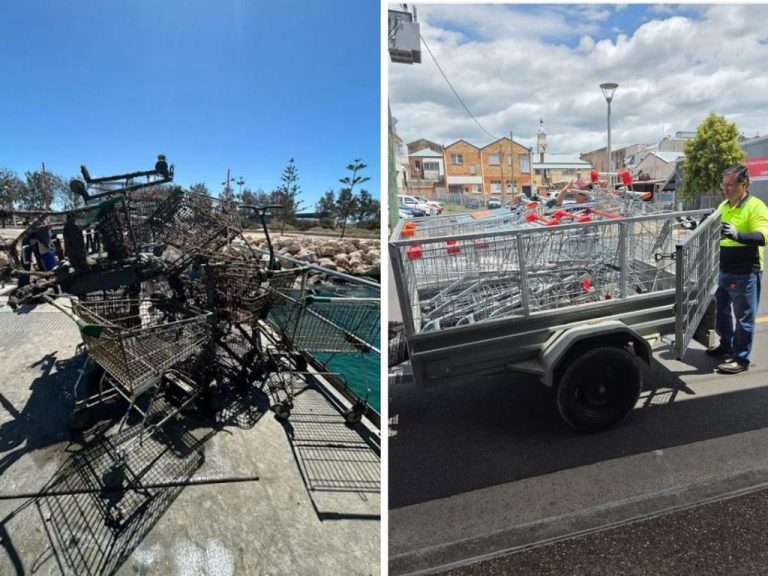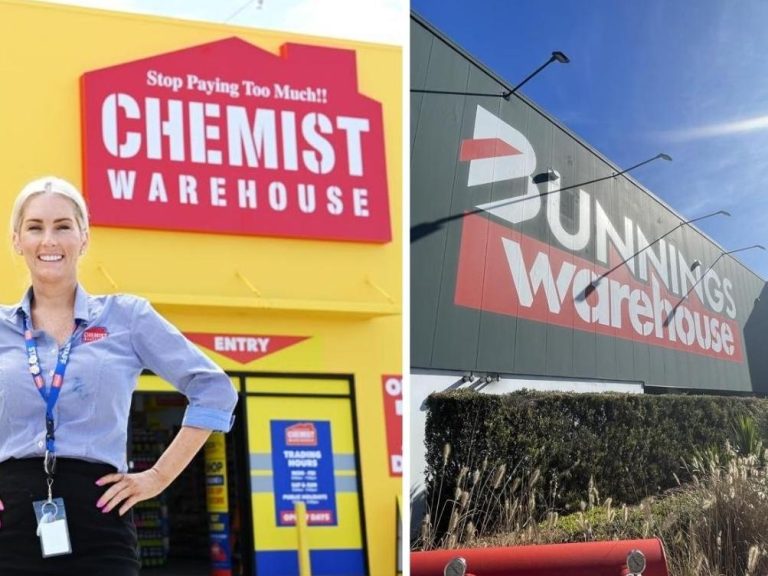Dreamworld owner hopes new roller coaster helps it ride out COVID

Dreamworld’s parent company is hoping a new roller coaster will help it ride out a pandemic spiral which pushed it to a first half net loss of $83.6 million – almost triple the loss for the same time last financial year.
More than $109 million was slashed from the revenue of Ardent Leisure, which said COVID-19 had hammered a $38.8 million hole in its earnings.
Reporting its half-year result to the ASX, Ardent said revenue from Dreamworld and WhiteWater World was down by $23 million due to border restrictions and a shutdown that continued until September 16.
The group is hoping its Steel Taipan coaster, which at $32 million is Dreamworld’s biggest ever capital investment, will draw enough domestic guests to make up for the indefinite closure of international borders.
Attendance across both Gold Coast theme parks was down 58.6% for the half, with strong sales of annual passes to the local market – up 92% on the previous year – softening a loss of earnings.
Ardent said it had carved $6 million from its costs and received $12.6 million from government subsidies including JobKeeper and Queensland government support.
Ardent chairman Gary Weiss said the pandemic was continuing to have a “significant impact” on the businesses and warned the company was not out of the woods yet despite some encouraging signs.
“Since the start of fiscal 2021, we have experienced the unpredictability of the pandemic with our businesses having to respond to the devastating second wave outbreak in the United States, state border closures in Australia and changing government‐imposed restrictions to business operations,” Dr Weiss said.
“We anticipate the uncertainty of the pandemic to continue for the remainder of this calendar year.”
Ardent did not declare a dividend for the period.
The company fell to an earnings before interest, taxes, depreciation, and amortisation loss of $4.9 million, on the back of lower revenue and operating costs in Main Event.
Once major items were accounted for Ardent suffered a $19.8 million earnings loss in the half against a gain for $19 million in the prior period.
Theme park revenue dropped 63.6% to $13.1 million, mainly due to the impacts of COVID-19, with Dreamworld and WhiteWater World closed until mid-September. International and domestic border restrictions also cut patronage.

Border restrictions and shutdowns during the pandemic have impacted the Dreamworld theme park. Picture: Getty
Strong annual pass sales from the local market, lower costs and the JobKeeper wage subsidy boosted cash receipts, resulting in cash positive trading.
“The Australian government’s vaccine program leaves us feeling optimistic about the prospect of a strong recovery; however, we believe that uncertainty is likely to prevail for at least the next 12 months,” Theme Parks chief executive John Osborne said.
Main Event revenue in US dollars fell by 37.7% reflecting a reduction in comparable sales due to the impact of COVID-19, resulting from lower consumer demand and some centres being temporarily closed.
Trading was hit by US states imposing restrictions due to the pandemic but all but two centres are now open. But trading results are soft as consumers remain cautious of the pandemic.
Main Event president Chris Morris said there was positive momentum and said the chain is well positioned for a strong recovery. “We are actively rebuilding our pipeline for future new unit development,” he said.
“While there remains near‐term uncertainty regarding the efficacy of the vaccine rollout and overall consumer recovery, we are excited about the long‐term growth opportunities that lie ahead for our business,” he said.
Main Event received covenant waivers for the next four quarters from its lenders.
This article first appeared on www.theaustralian.com.au/business/property.







